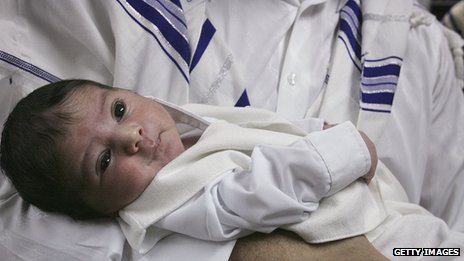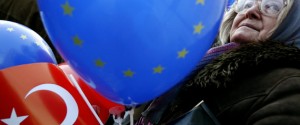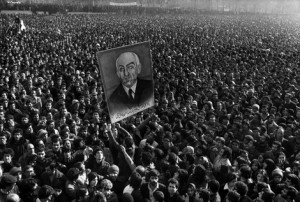 Is the circumcision of boys comparable to female genital mutilations?
Is the circumcision of boys comparable to female genital mutilations?
The “Children’s right to physical integrity” Resolution adopted by the Parliamentary Assembly of the Council of Europe (PACE) (1) on October 1st asserts that female genital mutilations and the circumcision of young boys for religious reasons are both “particularly worrisome practices”.
It is understandable that this wording, rightly perceived as a lumping together of the two practices, would have shocked, as it did, Jewish and Muslim communities in France as in the rest of Europe. Neither the distinction made between these two practices in the second part of the resolution (2) nor the explanations of the author of the resolution were sufficient to defuse the tension.
Circumcision is an essential ritual in Judaism. All male infants are circumcised eight days after they are born. It is also an obligation – or at least a strong recommendation – in Muslim religion that all boys be circumcised before puberty. In addition, circumcision is a commonly performed procedure in the United States, mainly for hygienic purposes. Globally, approximately 30 % of men older than 15 (about 661 million) have been circumcised according to a 2007 report of the World Health Organization (3).









